
Recommendation
Science is breeding new technologies at an unprecedented rate, and with the birth of each advancement comes a new generation of ethical concerns. Few developments have rattled the world’s moral cage more than cloning, and it behooves any professional to have a working knowledge of the foundations of the current debates surrounding the genetic sciences. Of course, understanding how Dolly the Lamb was cloned from an adult sheep is probably beyond the grasp of most readers. But authors Ian Wilmut, Keith Campbell (the two leaders of the cloning team) and Colin Tudge (an experienced science writer) examine every inch of scientific ground the project covered. While many details are presented densely, this clearly written, first-person account of a momentous, history-making event is fascinating, particularly for readers of a scientific bent. getabstract recommends this book to any and all readers as a basic education in a field that has the potential to impact all of our businesses and our lives. Hello, Dolly.
Summary
About the Authors
Ian Wilmut studied embryology at Nottingham University and received his doctorate at Cambridge University. He joined the independent Animal Breeding Research Station, which became the Roslin Institute, where he led the team that cloned Dolly. Keith Campbell studied microbiology at Queen Elizabeth College, London, obtained a D.Phil. from the University of Sussex and is now a cell biologist and embryologist at the University of Nottingham. He joined the Roslin Institute in 1991 to work on the project that resulted in Dolly. Writer and broadcaster Colin Tudge majored in zoology at Cambridge University. He is a Research Fellow at the Centre for Philosophy at the London School of Economics. He has written more than a dozen books, including The Variety of Life: A Survey and a Celebration of All the Creatures That Have Ever Lived, published by Oxford University Press.








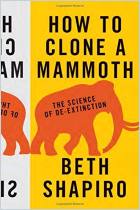
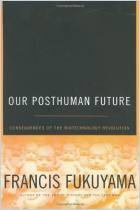

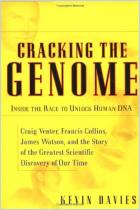
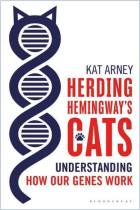
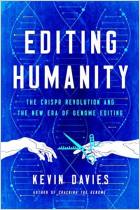


Comment on this summary or 开始讨论